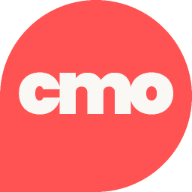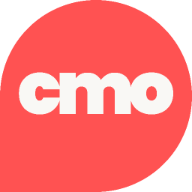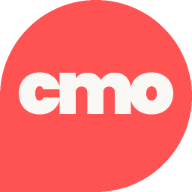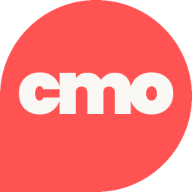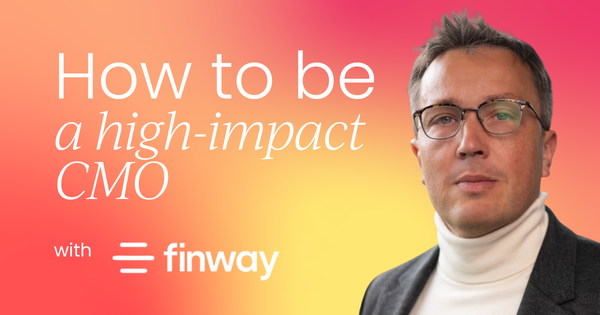A recurring theme in discussions about modern marketing leadership is the balance between strategic vision and execution.
I've observed a gap between marketing leaders who are strategic thinkers and those who excel in operational execution.
But the most effective CMOs today are those who can bridge this gap, transitioning between high-level strategy and hands-on execution. Now, this in itself is very rare, but not impossible.
I want to share a bit of my perspective on how the CMO role has evolved and what I think is needed from these individuals to really make an impact in their organization.
But first, a bit of context.
What’s driving this change?
Reflecting on my career, during the post-dotcom bubble era, resources were scarce, and CMOs had to be both strategic and operational. Later, at companies like Google, the emphasis shifted towards strategic thinking, often delegating execution to agencies.
However, in today's environment, reminiscent of the early 2000s, there's a renewed need for CMOs who can adapt to resource constraints, drive demand generation, and directly contribute to execution.
The current economic climate favors CMOs who have experienced various market conditions and can adapt their strategies accordingly. Particularly those who have relied solely on brand-building without engaging in revenue-driven activities may find themselves at a disadvantage.
It's crucial for modern CMOs to have navigated multiple go-to-market playbooks, understanding when to apply specific strategies and when to seek external expertise.
In my opinion, the CMO's role is to bring external insights into the organization, informing strategic decisions with a deep understanding of market trends, customer behaviors, and competitive dynamics.
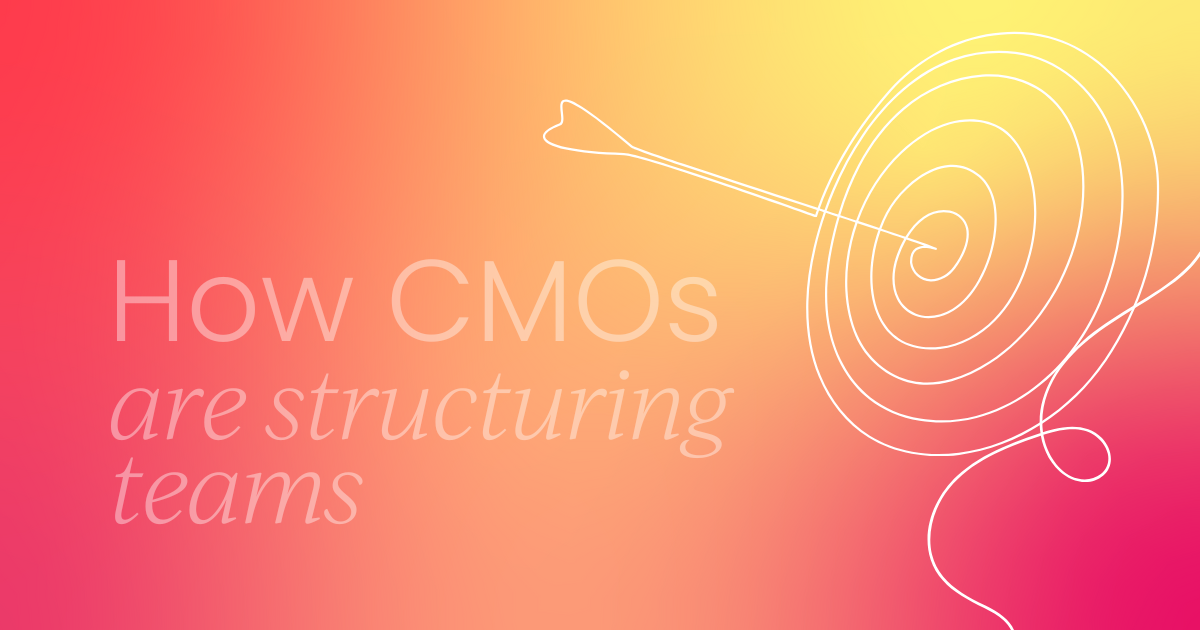
The importance of balancing strategy and execution for CMOs today
For many marketing leaders, the big question is often the same: how do I balance high-level strategy with day-to-day execution?
It’s not an easy thing to answer.
In fact, what I observe is that there’s almost a chasm between marketing leaders who are strategic and those who are more operational. That gap creates real challenges, not just for companies trying to figure out who to hire, but for the CMOs themselves. There are very few people who can confidently navigate the strategic scope and still be hands-on when needed.
And when I say hands-on, I don’t necessarily mean organizing events, though it could include that.
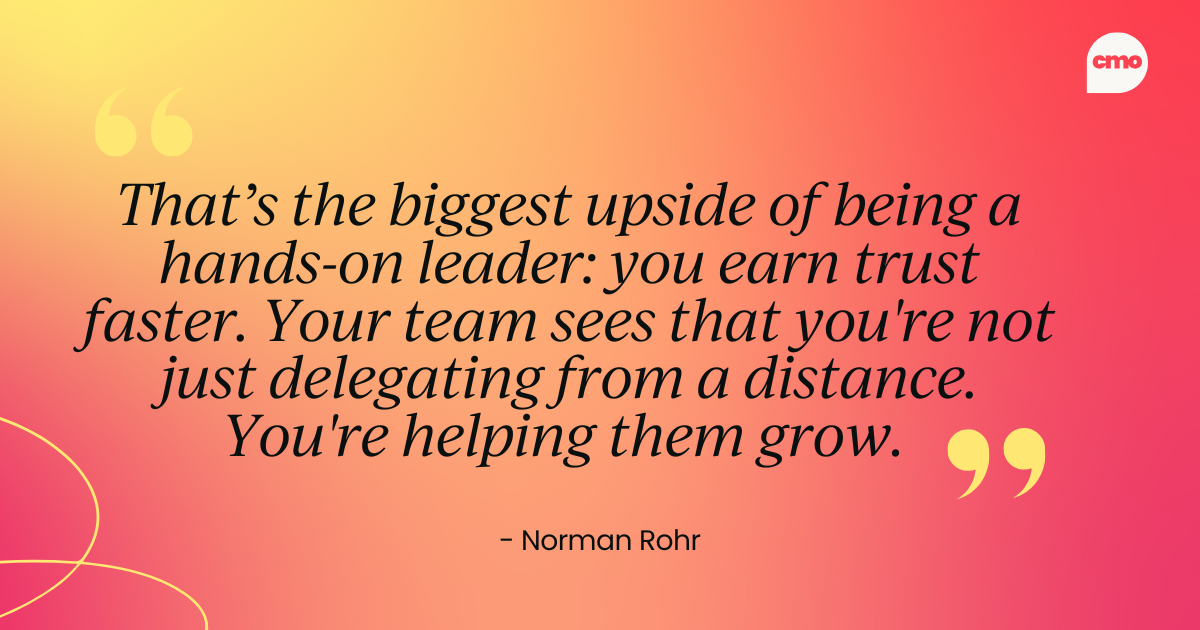
I mean being able to engage meaningfully at the execution level with your team.
That versatility, the ability to shift between thinking and doing, is really important right now.
Why?
Let’s zoom out and look at the last 25 years.
Right after the dotcom bubble, cash was super scarce. You couldn’t afford big teams. In those early days, we had one CMO, and that person had to be both strategic and operational. You had to define the direction and execute on it.
There was no one else.
In those setups, when you're cash-strapped, you need someone who can think ahead, understand the vision, and still get demand generation or revenue marketing moving. Ideally, someone who’s seen enough already to know what works and what doesn’t.
Then, during the late 2010s and early 2020s, cash was again abundant. That period really favored people who could build brands because brand drives demand. The focus was on demand creation over demand capture. What mattered was whether you could lead, build a team, and shape a long-term narrative.
But now?
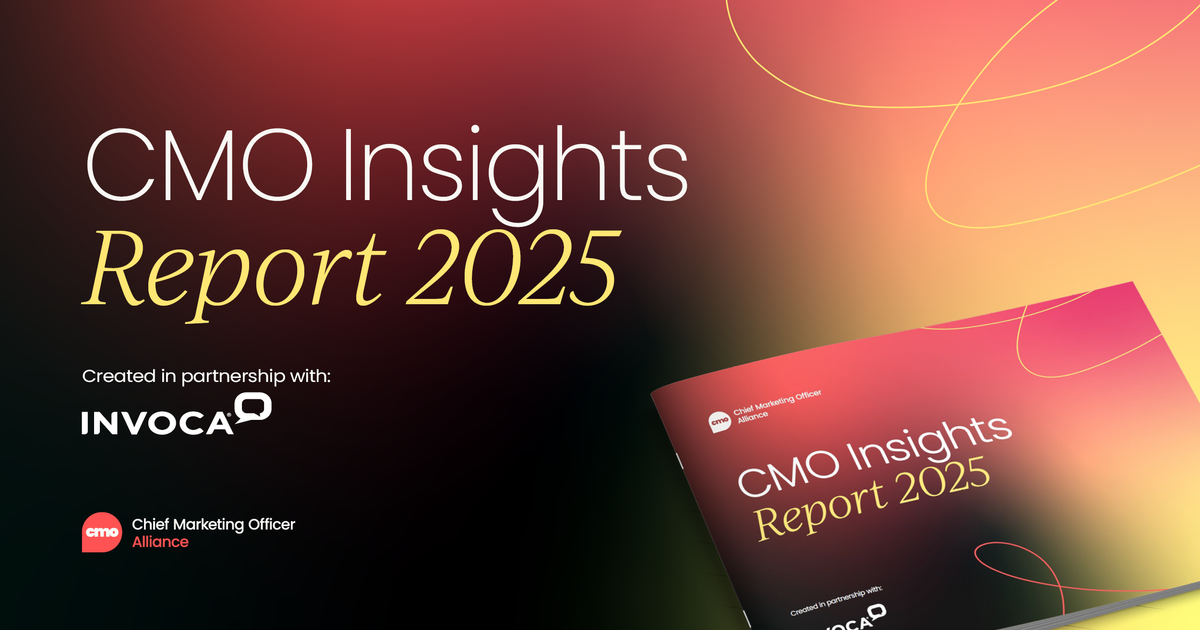
We’re back in a cycle where resources are tight.
That’s why some folks, especially those who’ve specialized in brand, are currently struggling. They may not be as comfortable with numbers. They’re not used to executing themselves. And if they’ve always relied on agencies, and suddenly the budget’s gone, it becomes very difficult to adapt.
Another thing I’ve noticed: the CMO today needs to have seen multiple go-to-market playbooks and ideally, be capable of building their own. Too often, I see people try to copy and paste what worked in one company and apply it somewhere else without adjusting for context. But playbooks don’t transfer one-to-one. You have to know how to adapt, when to pivot, and when to admit you’re out of your comfort zone.
At the very least, a CMO should recognize when that happens — and know when to lean on their network for support.
So, how should marketing leaders close that gap?
Let’s break this down into two phases.
The first piece is curiosity.
I don’t mean short-term, channel-hopping impatience, I’m talking about a sustained, professional curiosity.
Every few years, take on something new.
In my own path, I’ve touched demand generation, content, brand marketing, and later product marketing. Not because it was part of some grand plan, but because I wanted to learn. And I learned the hard way. Don’t learn from the books, learn from projects.
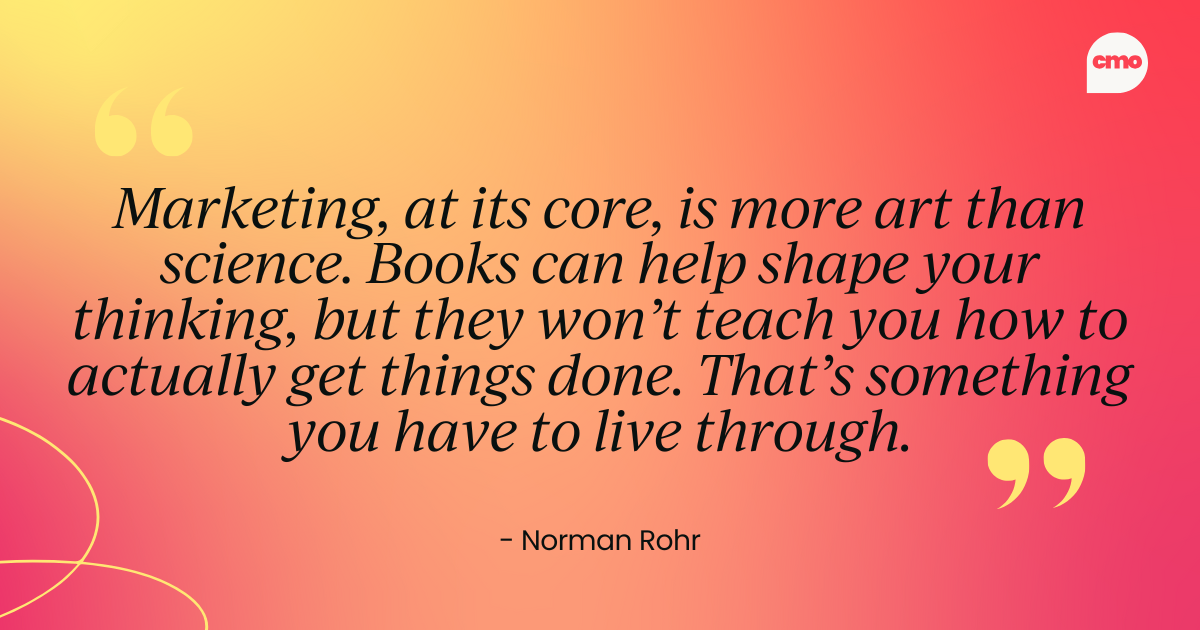
Because marketing, at its core, is more art than science. Books can help shape your thinking, but they won’t teach you how to actually get things done. That’s something you have to live through.
That kind of experience builds your credibility later. When you’re leading a team, you can speak eye-to-eye with the people doing the work because you’ve done it, too.
Now, the strategic mindset — that’s something different. That comes from mentorship, from exposure to the right environments.
Working at places like Google forced me to ask deeper questions: What’s happening in this market? What insight can we extract? And what should we actually do with it?
So if you’re stepping into a senior role for the first time, I’d urge you to carve out time for strategy. In small teams, it’s easy to get lost in the operational grind. There are only three of you, and everything’s urgent. But if you don’t protect at least 25% of your time for strategic thinking, you lose altitude. You burn yourself out chasing tasks, and your team loses direction.
The trick is translating that strategy back to the team in a way that creates real momentum. That’s where the “player-coach” concept comes in — a term borrowed from sales, but one that applies just as well to marketing. In smaller orgs, you can’t afford a leader who just “thinks.” You need someone who joins the trenches when needed, someone who can roll up their sleeves and say, “Here’s what we’re doing, and here’s why — now let’s build it together.”
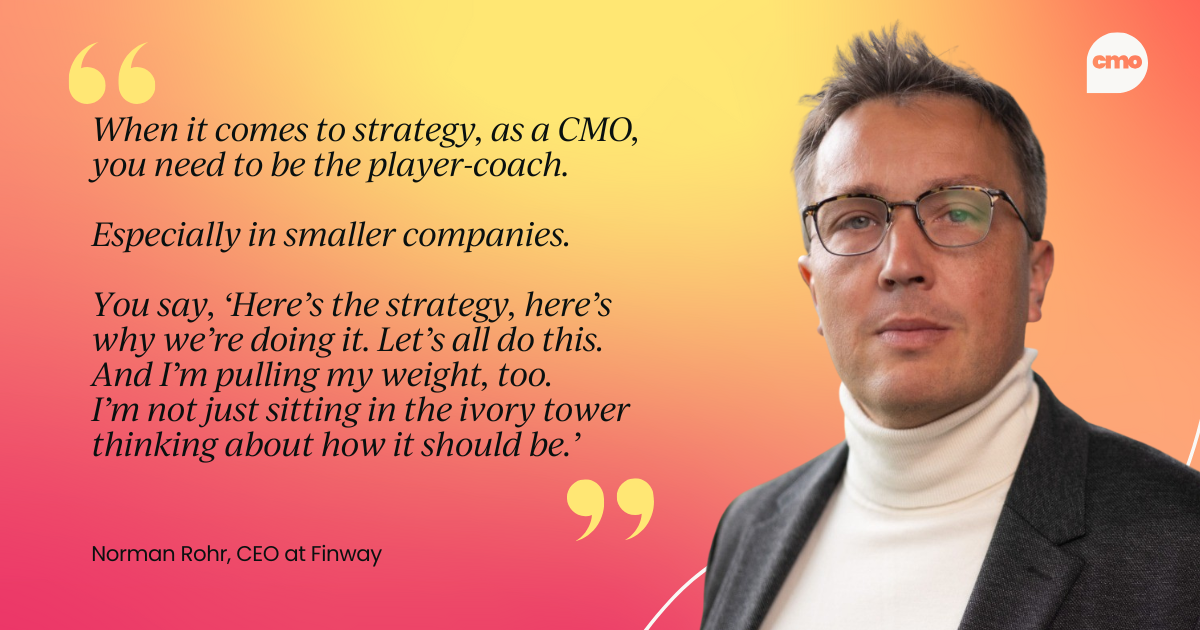
You don’t need to micromanage, and you shouldn’t. But your team needs to feel that you know what great looks like. That you understand buyer personas, that you’ve written messaging, that you can spot a bad landing page when you see one. And just as important, they need to feel like you're asking the right questions — not barking orders, but provoking better thinking.
At Finway, I’ll often sit with our product marketer and draft messaging together. Not because I think I’m the best copywriter in the room — I’m definitely not — but because it shows we’re in this together. It accelerates learning, and it raises the bar across the team.
That’s the biggest upside of being a hands-on leader: you earn trust faster (and, of course, see through the BS quicker).
Your team sees that you're not just delegating from a distance. You're helping them grow. And when things go sideways — which they always do — that credibility makes all the difference.
I learned this lesson the hard way, back in my finance days. Now, if I’m reviewing a project I don’t fully understand, I try to bring a helpful perspective. “Here’s how I’d think about it. What do you think?” That’s a coaching mindset — and it creates space for better outcomes.
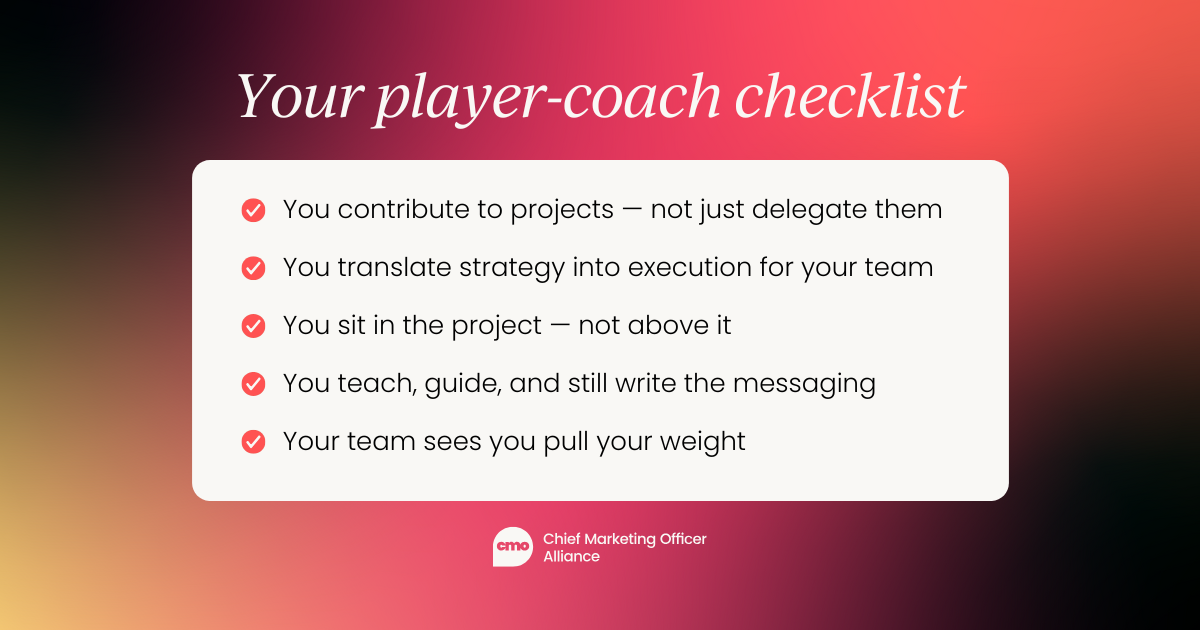
If you want to lead today, especially in fast-growing or resource-constrained companies, this is the model. It’s not about having the best ideas in the room. It’s about being close enough to the work that you can shape it.
How to thrive in periods of uncertainty
It’s a tough time, we have to acknowledge that.
So, my first instinct when someone asks how to thrive in this kind of climate?
Build resilient marketing.
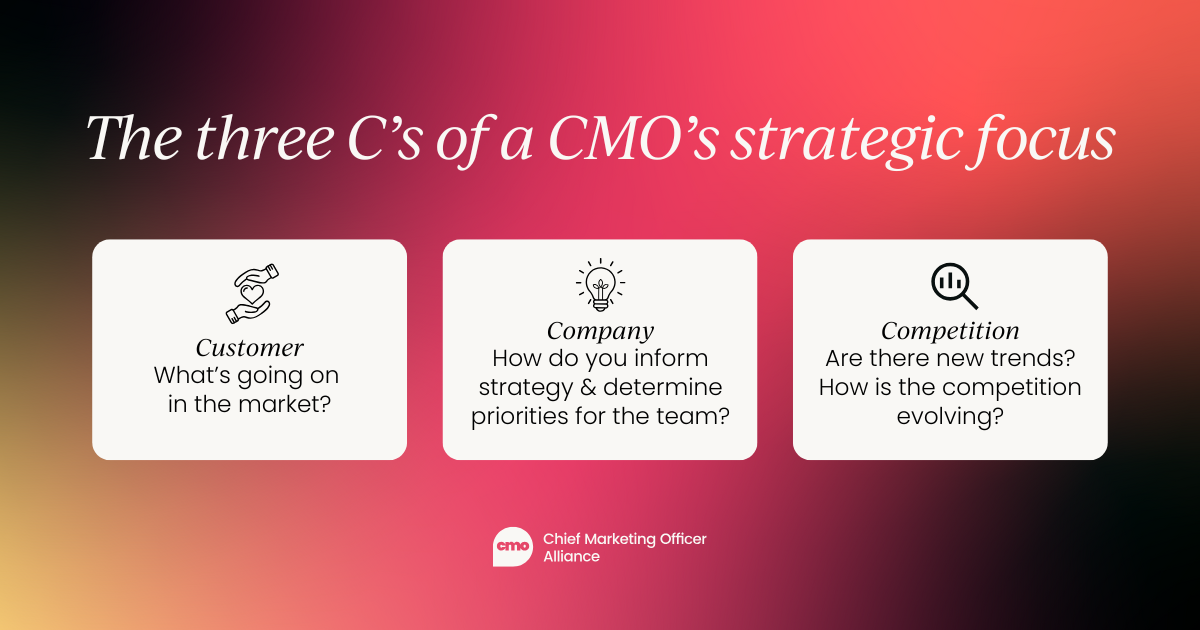
Now, looking at the role of the CMO in this kind of environment – first of all, they need to motivate their team. But they also face tough constraints: Do you hire someone, or do you do it yourself? And more importantly: what’s the company actually on the hook for?
We have to watch out, especially as a marketing team, that we don’t get pulled into a kind of short-term, sales-driven tunnel vision. Yes, we are part of the revenue organization. We need to deliver results. But we need to be mindful about how we’re allocating resources.
As a CMO or marketing leader, your job right now is to focus the team. That doesn’t mean doing more with less — it means doing fewer things better.
To me, that means picking the one, two, or three battles that will really move the needle and knowing why. What’s the opportunity? What’s worth investing in long-term?
You always have to ensure that 50–60% of your attention is focused on carrying revenue now, but that has to be balanced with the longer-term investments. The stuff that takes time to build still needs to happen. It depends on the organization, of course, but that balance is key.
Here’s a challenge: CMOs are increasingly tasked with revenue targets.
There’s growing pressure right now to show short-term revenue impact. I get that. But if all marketing is just demand generation, you don’t need marketing anymore. You can hire demand gen inside sales.
Marketing should absolutely support revenue, but if you roll it into sales, the thinking gets shorter and shorter.
I came up through demand gen, but I’ll say it plainly: brand still matters. It doesn’t have to be expensive. You don’t need to shoot cinematic YouTube ads. Brand is how you show up, your messaging, your data storytelling, your distinctiveness in the market.
If you’re clever, you can build strong brand perception on a lean budget. But you have to be intentional about it.

One mistake I see? Marketing being rolled into sales.
That’s when chances are pretty high that brand disappears completely, and so does long-term strategy. Once that happens, your job becomes feeding the machine.
Suddenly, 60% of your energy goes to lead gen, then 70%, then 80%, until all you’re doing is chasing deals week to week. The big strategic levers (positioning, ICP clarity, buyer journey design) never get touched.
And the company suffers for it.
To be clear: I’d love to see more CMOs become CROs or even CEOs. But that requires something most CMOs haven’t had yet: sales experience. You can’t lead a go-to-market team if sellers don’t respect you. And they won’t if you’ve never carried a quota or helped close a deal.
Still, CMOs and CROs need to be allies.
So start with small wins. Feed them qualified leads you can stand behind. Build trust. And make sure you’re using a framework that helps show impact, even if attribution is messy.
Build a causal chain in your head. Track real usage. Ask: is this content being used? Is it helping close deals? That’s how you show value.
To sum it all up
Now, if I could share some key takeaways from my experience in marketing, let it be these:
- Today’s CMO needs to move fluidly between vision and execution, translating high-level goals into tangible outcomes and guiding their team through the doing.
- Strategy without execution is fragile. Execution without strategy is directionless. The best CMOs aren’t one or the other — they’re player-coaches. They protect time for long-term thinking while staying close enough to the work to shape it.
- Brand absolutely matters. Even in a downturn, your brand is working for you, and it doesn’t have to be expensive. Smart messaging, storytelling, and a clear point of view can go a long way when done with intent.
- Real impact comes from experience, from having seen multiple go-to-market models and knowing when to adapt or throw them out. Copy-paste leadership doesn’t work.
- Marketing should absolutely support the revenue engine. But when it’s reduced to lead gen only, strategy disappears. Great CMOs know how to serve short-term goals without abandoning long-term growth.
Join our growing Slack community for direct access to the best and brightest CMOs and marketing leaders.
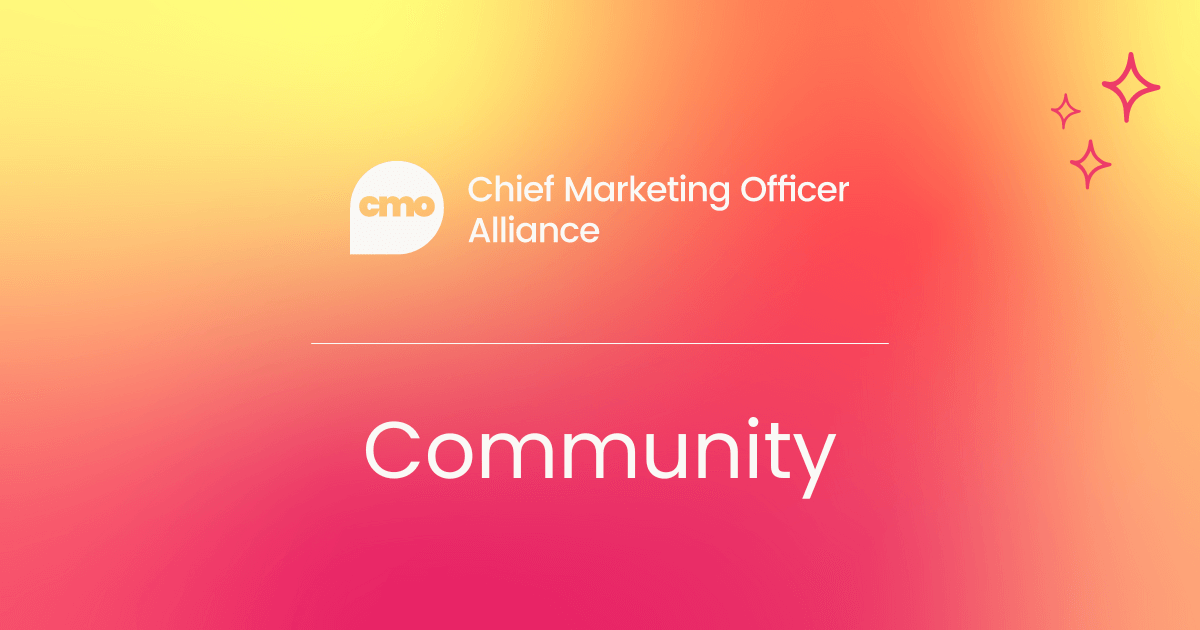






.png)



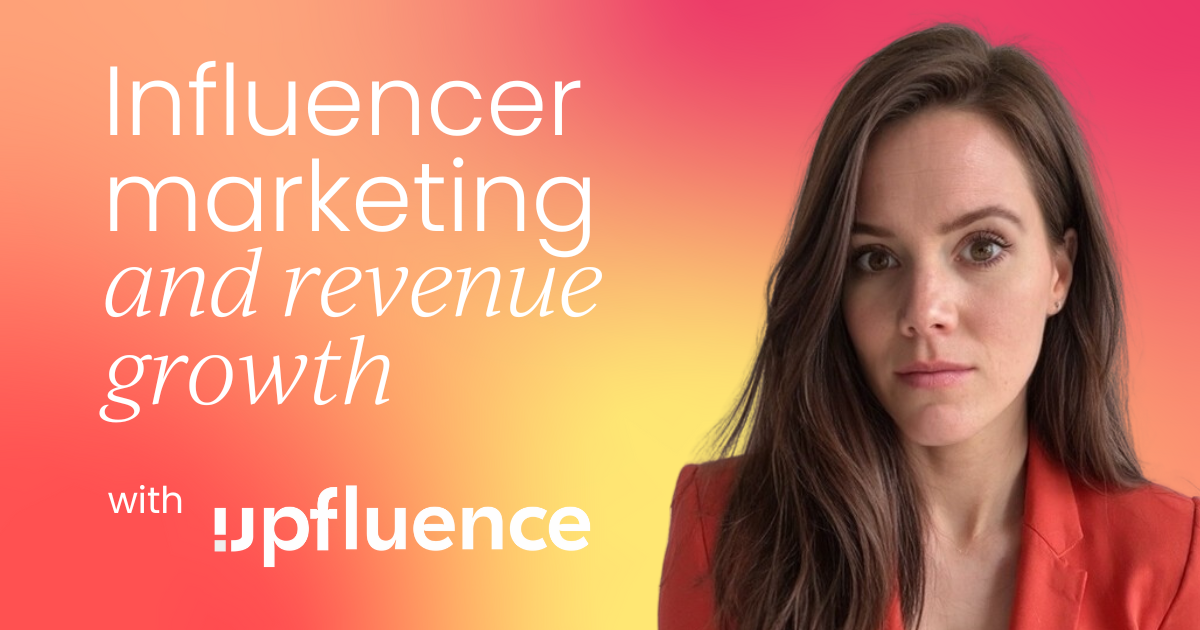
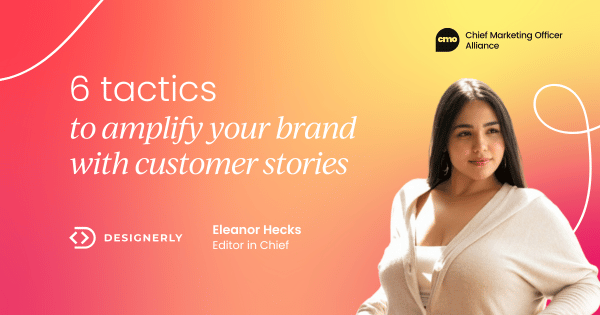




 Follow us on LinkedIn
Follow us on LinkedIn